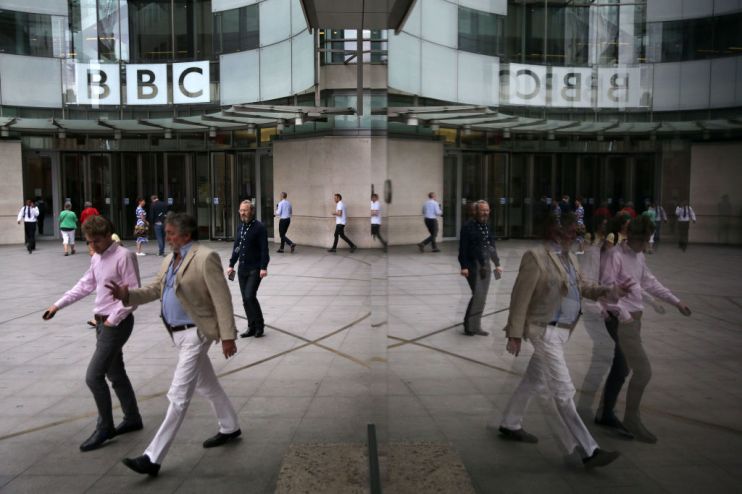Wanted: Someone to breathe new life into the fumbling BBC

Today is your last chance to throw your hat in the ring for one of the most important roles in British public life.
That’s right, it’s the closing date for applications to be the next director general of the BBC.
The successful candidate will be the most critical appointment at the BBC since Lord Reith was made general manager in 1922. With income of £5bn, 20,000 employees, bases in 59 countries, and a salary of £450k, it’s a big job.
The candidate brief prepared by Odgers informs us that the BBC “faces a unique set of challenges… a digital native generation is growing up with a different set of media habits”. These changes threaten to make the BBC and its licence fee funding model obsolete.
The job description also suggests that the ideal candidate needs commitment to the BBC’s public purpose, exceptional leadership, and demonstrable resilience.
They’ll need all of that — and more.
I worked at the BBC for more than 20 years. Now I chair a leadership and performance company which helps businesses assess candidates for top jobs. So here’s what I think the new DG needs to do to save the BBC from extinction.
First, they must turn around the political acrimony from Boris Johnson and Dominic Cummings. That will only be possible by bringing a new mindset to the top of the BBC. The new boss must stop defending the status quo and proposing incremental change, and instead come up with a radical plan which creates a much smaller BBC — focused on the areas where it excels.
They must also create a clear vision of a new business model which will survive beyond the phasing out of the licence fee. In the age of Netflix and Amazon Prime, the BBC needs redefining — who is it for, and what purpose does it serve? A leader who can bring an end to the catalogue of reputational shambles — from the Jimmy Saville scandal to the gender pay gap — is essential too.
Most importantly, they must defend BBC journalism in the age of rage, while addressing its conscious and unconscious bias. And with a new licence fee settlement due for April 2022, they will need to hit the ground running.
These things will not be achieved by an internal candidate. The external names in the frame include Channel 4 boss Alex Mahon, Apple’s Jay Hunt, or ITV chief executive Carolyn McCall (although the latter would have to take a bath on her £3.7m remuneration in 2018). Smart money says we’ll see the first female DG. It might even be someone from outside the UK.
The board of the BBC would be wise not to rely just on traditional interview panels in making such a critical selection. Increasingly at my company, we see clients using sophisticated psychometric assessments which reveal insights that would not be discovered in the normal process. These methods predict human performance, behaviour, predispositions, and capability.
Lord Patten may have wished he had used such assessments when he was BBC chair back in 2012. He got it spectacularly wrong when he appointed George Entwistle as DG — only to see him stand down 54 days later after floundering in dealing with a Newsnight report which had falsely accused Lord McAlpine of child abuse.
The current BBC chair, Sir David Clementi, has made many hires over his varied career, whether as chief executive of Kleinwort Benson, chairman of the Pru, or the man who ran the day-to-day operations at the Bank of England for 15 years.
But this will be his most important hiring decision of all — for him, for his board, and for the great British public.
Main image credit: Getty